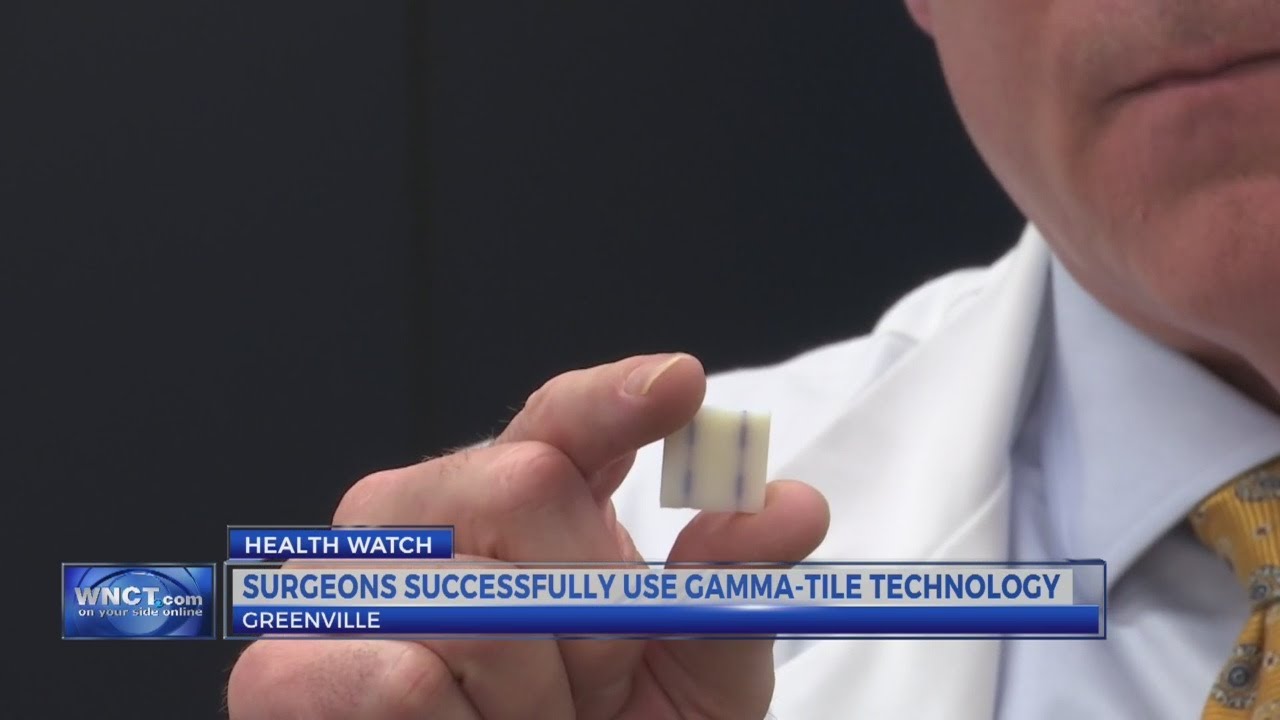Receiving a brain tumor diagnosis is overwhelming and can change the course of your life in an instant. It’s important to understand that there is no correct way to feel after being diagnosed. You may feel a sense of despair one day, and then hopeful the next.
“Normal” life is most likely going to look different than it did before your diagnosis. But there are things you can do to best prepare yourself for maintaining quality of life as you learn how to live with a brain tumor.
Here are some tips to help you do just that:
- Reach out to trusted friends and family. Be open to accepting help and support from loved ones.
- Learn the side effects. Brain tumors can cause a multitude of different side effects that can impact personality, brain function, and physical health. It’s important to be prepared for all potential side effects so you and your loved ones know how best to handle them.
- Join an online community. There are several online communities and Facebook groups that offer support and guidance, including The Brain Tumor Charity’s “Living With a Brain Tumor Diagnosis” group. There are groups dedicated to parents of and those who care for someone diagnosed with a brain tumor, and others focused on specific types of brain tumors, like meningioma and glioblastoma.
- Eat well to combat fatigue and other side effects. Ask your doctor if they can refer you to a licensed and registered dietician to help you establish an eating schedule and learn what foods can help you recover faster. During treatment, you may also want to eat six to eight smaller meals throughout the day to lessen nausea and other potential side effects from treatment and recovery.
- Ask for reasonable accommodations from your place of employment. If you decide or have to go back to work, communicate your needs with your employer and set realistic boundaries for yourself. This helps them understand that you’re going through something difficult and why things have changed. Once it’s out in the open, you and your coworkers and manager can devise strategies to ensure you have ample coverage whenever you need it. It’s important to be in tune with how you’re feeling and to give yourself more time to complete tasks.
- Talk to your doctor about your treatment options. It’s critical to be aware all of your options before choosing the best form of treatment. At GT Medical Technologies, we understand having someone who has gone through what you’re experiencing is both helpful and comforting. That’s why we created our Patient Navigator Program. Whether you or a loved one is considering GammaTile Therapy, consider speaking with one of our Patient Navigators to learn more.
- Have grace, especially with yourself. You’re likely going to feel a wave of emotions from one day to the next. All of your feelings are valid and there’s no one right way feel. However, according to the American Brain Tumor Association, many people who are diagnosed with a brain tumor often go through these six phases:
- Shock
- Denial
- Anger
- Guilt
- Anxiety and depression
- And acceptance.
Adjusting to a new way of doing just about everything takes time. Try to be patient with yourself as you navigate the uncertainty of a brain tumor diagnosis. And remember, you are not alone.




